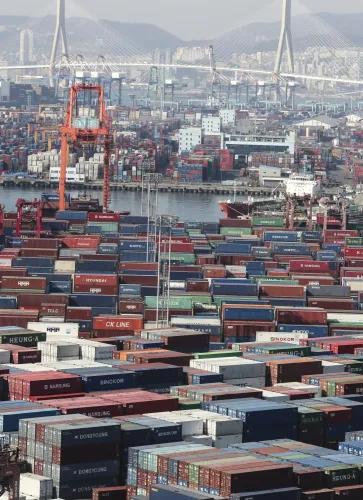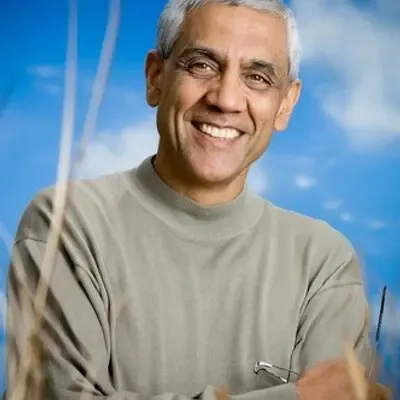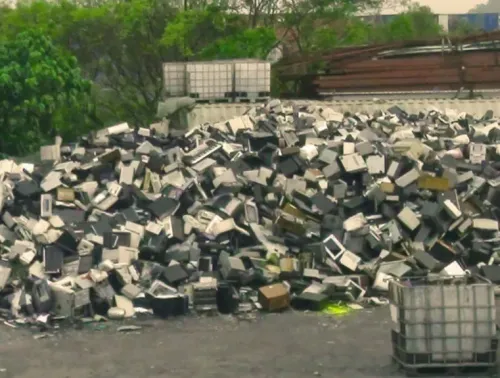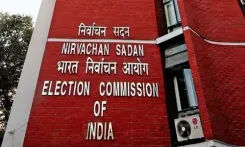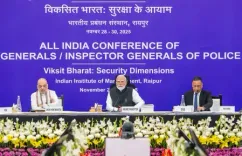India: A Rising Global Force in Space, Health, and Biotech - Jitendra Singh
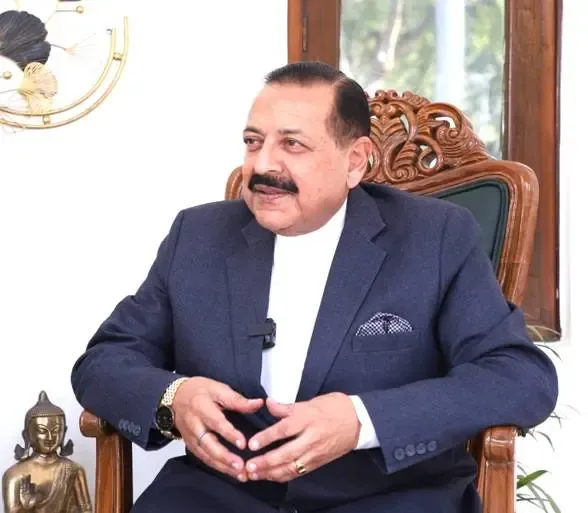
Synopsis
Key Takeaways
- India is emerging as a global leader in space, health, and biotech.
- Significant advancements include successful missions like SpaDeX.
- India has launched 433 foreign satellites, generating substantial revenue.
- The bioeconomy sector is projected to grow to $250 billion.
- Ambitious nuclear energy goals aim for 100 gigawatts by 2047.
New Delhi, Feb 19 (NationPress) India is transitioning from a follower to a global leader in key sectors such as space, health, and bioeconomy, according to Jitendra Singh, the Union Minister of State (Independent Charge) for Science and Technology, during his remarks on Wednesday.
Emphasizing the significant strides India has made in recent times in areas like space, biotechnology, and nuclear energy, Singh stated that the nation has established itself as a prominent player on the international platform.
“India is no longer merely a follower; we are now setting global standards, providing leadership and pioneering innovations across various sectors,” Singh remarked. “The dynamics have completely changed. In the past, we learned from others; now the world is looking to us for guidance. The flow of knowledge is reciprocal,” he added.
Highlighting the success of the recent Space Docking Experiment (SpaDeX) that demonstrated India’s capabilities in orbital docking, Singh noted that the space sector in India has undergone a remarkable transformation.
Referring to SpaDeX as a testament to India’s technological advancements, he indicated that it will facilitate future space missions, including Gaganyaan, Chandrayaan-4, and the Bharatiya Antariksh Station (BAS), which is India’s own space station.
He elaborated on how the country has become a favored destination for satellite launches, earning significant global trust. “India has successfully launched 433 foreign satellites, with 396 deployed in the last decade alone, generating $157 million and 260 million euros in revenue from 2014 to 2023,” Singh mentioned.
The Minister underscored India’s leading role in biotechnology and bioeconomy, noting that the nation has introduced the first herpesvirus vaccine for cervical cancer, solidifying its status as a leader in preventive healthcare.
Additionally, he pointed out the incredible growth in the bioeconomy sector -- from $10 billion in 2014 to nearly $140 billion today. The bioeconomy industry in India is projected to reach $250 billion in the upcoming years.
“The number of biotech startups has soared from just 50 in 2014 to almost 9,000 now, establishing India as a global hub for biotech innovation. In bio-manufacturing, India ranks third in the Asia-Pacific and 12th globally, with its influence rapidly expanding,” the MoS remarked.
India has also ventured boldly into space biology, laying the groundwork for human existence beyond Earth. “Research in space medicine and human physiology in extraterrestrial conditions is becoming increasingly crucial, and India is now creating global benchmarks rather than merely following them,” Singh shared.
In the nuclear energy arena, Singh highlighted the ambitious goal of achieving 100 gigawatts of nuclear energy by 2047.
“India aims to cut carbon emissions by 50 percent, a commitment that is shaping global climate policies. The world has now recognized India’s nuclear policy, originally envisioned by Homi Bhabha for peaceful purposes, as a model for responsible energy development,” the MoS stated.
India’s scientific contributions are gaining international acclaim, with the nation now ranking fourth in the world for scientific publications, while its space economy is set to expand 5 to 10 times over the next decade, Singh concluded.


